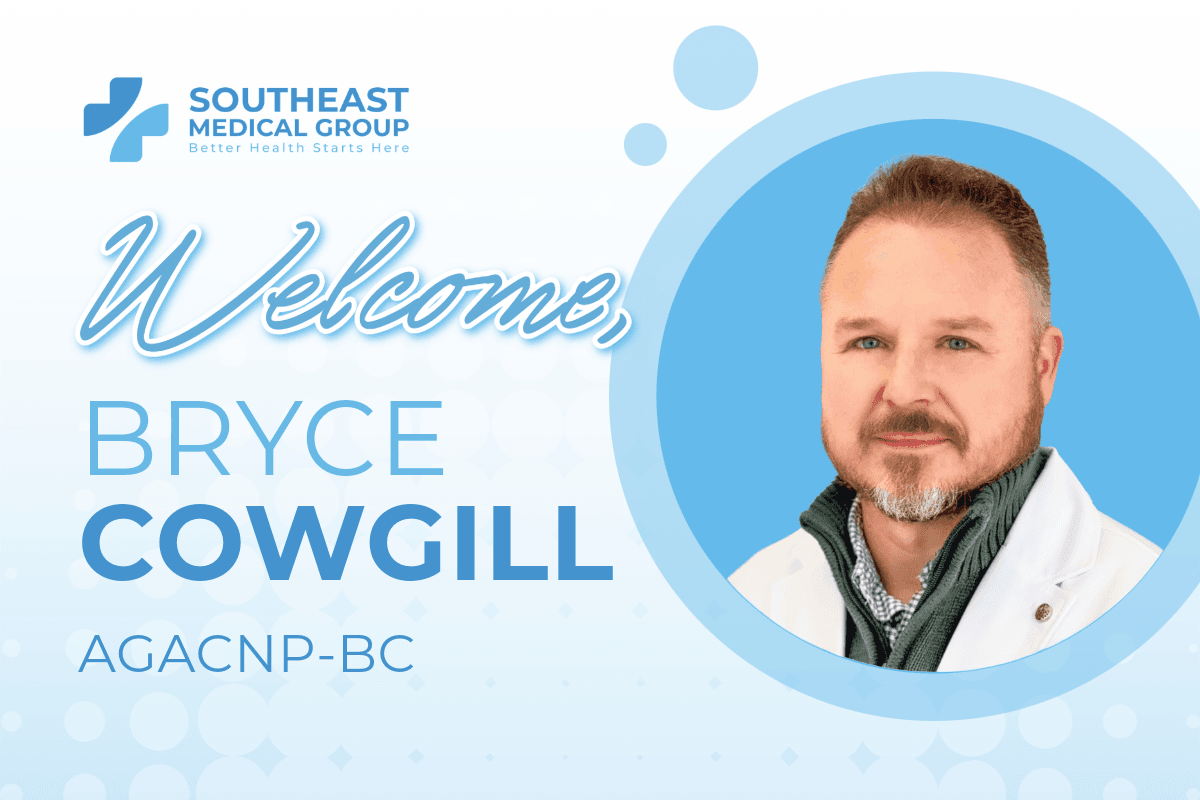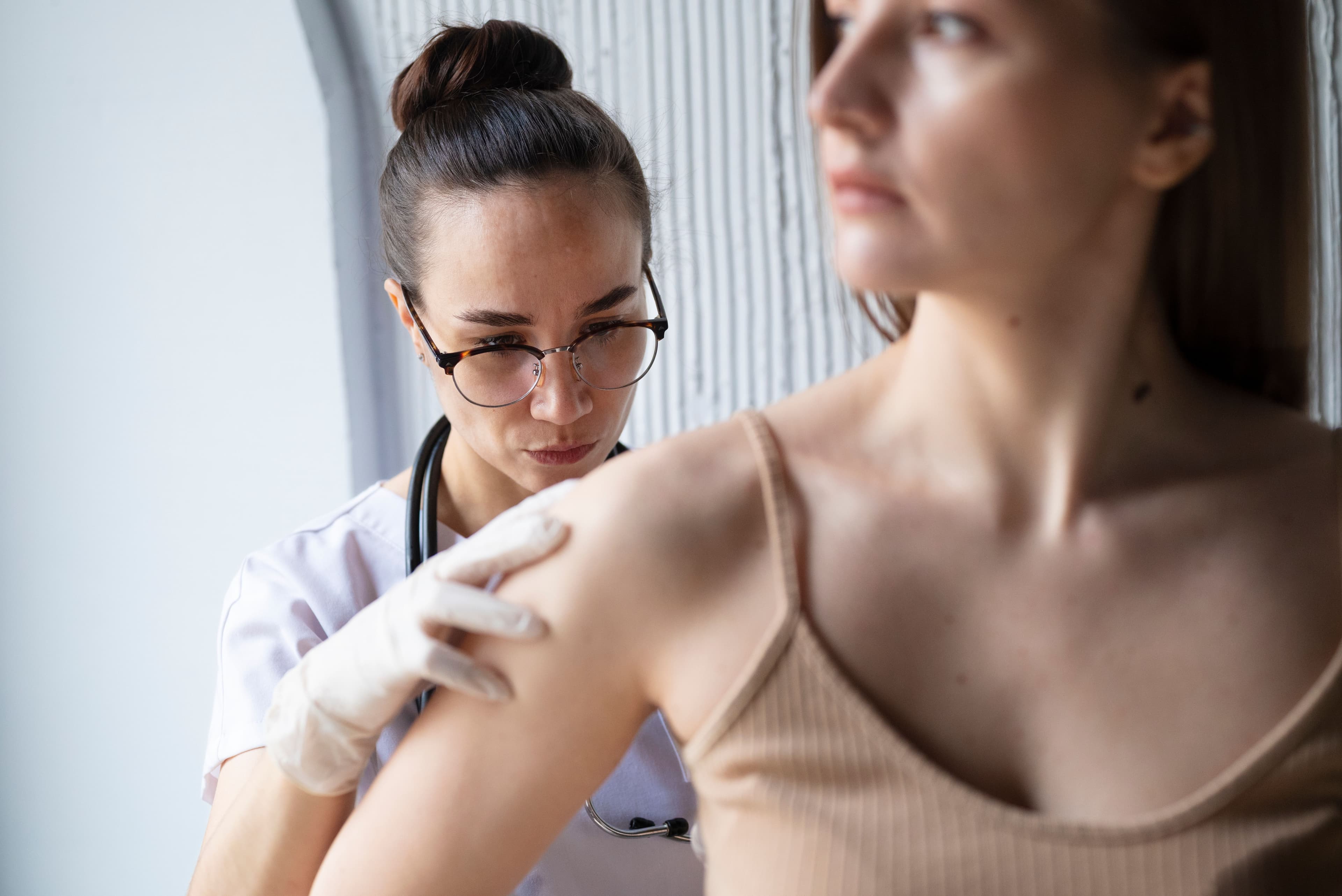National Immunization Awareness: Your Guide to Protecting Yourself and Your Community

National Immunization Awareness: Your Guide to Protecting Yourself and Your Community
August marks National Immunization Awareness Month (NIAM), a vital annual campaign dedicated to emphasizing the importance of vaccines across all age groups. Whether you're a young adult navigating college life, a working professional, a parent, or a caregiver, vaccines are a cornerstone of personal and public health.
The Critical Role of Immunizations in Adult Health
Vaccines are often associated with childhood, but their importance extends far into adulthood. National Immunization Awareness Month serves as a powerful reminder that staying vaccinated is a lifelong commitment to health. Immunizations protect against a range of preventable diseases that can strike at any age, from seasonal influenza to more serious conditions like hepatitis, human papillomavirus (HPV)-related cancers, and shingles. The Centers for Disease Control and Prevention (CDC) reports that vaccines prevent millions of illnesses annually in the United States, saving lives and reducing the burden on healthcare systems.
Beyond individual protection, getting vaccinated during NIAM contributes to "herd immunity." This concept refers to a community's collective resistance to disease when a significant portion of its members are immunized. Herd immunity shields vulnerable populations, such as infants too young to be vaccinated, elderly individuals with weakened immune systems, or those with medical conditions preventing vaccination, from dangerous illnesses. By participating in vaccination programs, you’re not just safeguarding your own health; you’re actively building a safer, healthier community. This National Immunization Awareness Month, let’s recognize the broader impact of adult vaccinations and their role in public health protection.
Why Vaccines Are a Public Health Priority
The history of vaccines is a testament to their effectiveness. Diseases like smallpox have been eradicated globally, and others, such as polio, are nearly eliminated in many regions due to widespread immunization efforts. However, vaccine hesitancy and misinformation have led to resurgences of preventable diseases like measles in recent years. National Immunization Awareness Month 2025 aims to combat this by educating the public on the proven benefits of vaccinations for adults and children alike.
For adults, the risks of skipping vaccines can be severe. A case of influenza can lead to missed workdays, hospitalization, or even death in high-risk individuals. Tetanus, often contracted through minor cuts or wounds, can cause painful muscle spasms and respiratory failure if left unvaccinated. HPV, a common sexually transmitted infection, can lead to cervical, anal, or throat cancers without the protective HPV vaccine. By staying informed and up to date during NIAM, you can avoid these health risks and contribute to a culture of prevention through adult immunization programs.
Debunking Common Vaccine Myths: Facts Over Fear
Despite decades of scientific research proving the safety and efficacy of vaccines, myths and misconceptions continue to circulate. National Immunization Awareness Month is an opportunity to set the record straight with evidence-based information on vaccine safety and effectiveness. Let’s address some of the most common vaccine myths affecting adults:
- Myth #1: Vaccines cause dangerous side effects or illnesses.
Reality: Vaccines undergo rigorous testing and continuous monitoring to ensure safety. While mild side effects like soreness at the injection site or a low-grade fever are common, serious adverse reactions are exceedingly rare. The CDC and World Health Organization (WHO) confirm that the risk of severe illness from vaccine-preventable diseases far outweighs any potential side effects. Vaccine safety is a priority, and NIAM emphasizes trusted sources for accurate information. - Myth #2: I’m young and healthy, so I don’t need vaccines.
Reality: Age or perceived health doesn’t make you immune to infectious diseases. Viruses and bacteria can affect anyone, and conditions like influenza, meningitis, or whooping cough (pertussis) can lead to serious complications, even in healthy adults. Adult vaccinations are essential for maintaining personal and community health, a key focus of National Immunization Awareness Month campaigns. - Myth #3: Vaccines are only for children, not adults.
Reality: Adult immunizations are just as critical as childhood ones. Vaccines like the Tdap (tetanus, diphtheria, pertussis) booster, annual flu shot, HPV vaccine, shingles vaccine, and pneumococcal vaccine are specifically designed for adults at various life stages. NIAM 2025 encourages adults to consult healthcare providers to ensure they’re up to date on recommended adult vaccines. - Myth #4: Natural immunity is better than vaccine-induced immunity.
Reality: While surviving a disease may provide immunity, it comes at a high cost—potentially severe illness, long-term complications, or even death. Vaccines offer a safe way to build immunity without the risks associated with natural infection. Vaccination benefits are a central theme of National Immunization Awareness Month education efforts.
By dispelling these myths, we can foster greater vaccine confidence and encourage more adults to participate in immunization programs during NIAM and beyond.

Essential Vaccines for Adults: A Comprehensive Checklist
Life’s demands often push health priorities to the back burner, but National Immunization Awareness Month reminds us to take stock of our vaccination status. The CDC provides clear guidelines on recommended adult immunizations, tailored to age, lifestyle, and health conditions. Here’s a detailed rundown of key vaccines for adults aged 18 and older, ensuring you’re equipped with the knowledge to protect your health:
- Influenza (Flu) Vaccine: Recommended annually for everyone 6 months and older. The flu virus mutates each year, making an updated vaccine crucial to reduce the risk of severe illness, hospitalization, or death. Flu vaccination is especially important for adults with chronic conditions like diabetes or heart disease. National Immunization Awareness Month often coincides with the start of flu season preparations, so now’s the time to schedule your shot.
- Tdap (Tetanus, Diphtheria, Pertussis) Vaccine: A booster is recommended every 10 years to protect against tetanus (lockjaw), diphtheria, and pertussis (whooping cough). It’s also advised for adults who spend time around infants to prevent the spread of pertussis, a highly contagious respiratory illness. Adult Tdap vaccination is a key focus during NIAM outreach.
- HPV Vaccine: Recommended for adults up to age 26, and in some cases up to 45 after consultation with a healthcare provider. The HPV vaccine protects against human papillomavirus, which can cause cervical, anal, and oropharyngeal cancers, as well as genital warts. HPV vaccination awareness is critical for young adults during National Immunization Awareness Month.
- Shingles Vaccine (Zoster Vaccine): Recommended for adults 50 and older to prevent shingles, a painful rash caused by the reactivation of the chickenpox virus. Shingles can lead to long-term nerve pain (postherpetic neuralgia), making prevention through vaccination essential. NIAM highlights the importance of shingles prevention for older adults.
- Pneumococcal Vaccine: Recommended for adults 65 and older, as well as younger adults with specific risk factors like smoking or chronic illnesses. This vaccine protects against pneumococcal disease, which can cause pneumonia, meningitis, and bloodstream infections. Pneumococcal vaccination is a priority during National Immunization Awareness Month campaigns for at-risk groups.
- Hepatitis A and B Vaccines: Recommended for adults at risk due to travel, occupation, or lifestyle factors. Hepatitis A can spread through contaminated food or water, while Hepatitis B is transmitted through blood or bodily fluids. Both can lead to serious liver damage if unvaccinated. NIAM encourages awareness of hepatitis vaccination for adults.
- Meningococcal Vaccine: Recommended for young adults entering college, military recruits, or those living in close quarters, as well as adults with certain medical conditions. This vaccine protects against meningococcal disease, which can cause meningitis or bloodstream infections. Meningococcal vaccination is often highlighted during NIAM for specific populations.
- MMR (Measles, Mumps, Rubella) Vaccine: Recommended for adults who haven’t been vaccinated or lack immunity, especially during outbreaks. Measles, in particular, has seen a resurgence due to vaccine hesitancy. National Immunization Awareness Month stresses the importance of MMR vaccination to prevent outbreaks.
Not sure where you stand? Speak with your healthcare provider or use the CDC’s Adult Vaccine Assessment Tool online to receive a personalized immunization schedule. NIAM 2025 is the perfect time to take this step toward better health through adult vaccine updates.
The Broader Impact of Vaccination: Community and Global Health
Vaccines are a cornerstone of global health security, and National Immunization Awareness Month underscores their role in preventing outbreaks and pandemics. Recent history, including the COVID-19 pandemic, has shown how quickly infectious diseases can spread without adequate vaccination coverage. Adult immunizations play a critical role in maintaining community health by reducing the spread of diseases like influenza, measles, and pertussis.
Moreover, vaccines are a cost-effective public health intervention. The cost of treating vaccine-preventable diseases, through hospital stays, medications, and lost productivity, far exceeds the cost of immunization programs. By investing in vaccination during NIAM, individuals and governments alike can save resources while improving quality of life. Vaccination benefits extend beyond borders, supporting global health initiatives to eradicate diseases worldwide.
Overcoming Barriers to Adult Immunization
Despite the clear benefits, many adults face barriers to getting vaccinated. National Immunization Awareness Month aims to address these challenges by raising awareness and providing solutions. Common obstacles include:
- Lack of Awareness: Many adults are unaware of the vaccines they need beyond childhood. NIAM campaigns work to educate the public on adult immunization schedules and the importance of staying up to date.
- Access Issues: Limited access to healthcare providers or vaccine clinics can prevent immunization. During National Immunization Awareness Month, look for local health departments, pharmacies, or community events offering free or low-cost vaccines.
- Vaccine Hesitancy: Misinformation and distrust can deter adults from getting vaccinated. NIAM promotes credible resources like the CDC and WHO to counter myths and build vaccine confidence.
- Cost Concerns: While many vaccines are covered by insurance under the Affordable Care Act, uninsured individuals may worry about costs. Programs like Vaccines for Children (VFC) and community clinics often provide affordable options during NIAM.
By addressing these barriers, National Immunization Awareness Month 2025 seeks to ensure that all adults have the opportunity to protect their health through vaccination access and education.
Take Action This National Immunization Awareness Month
NIAM is more than just a campaign, it’s a call to action for adults to prioritize immunization. Here are practical steps to get involved and make a difference during National Immunization Awareness Month 2025:
- Review Your Vaccine History: Check your immunization records or request them from your healthcare provider. Many adults miss boosters simply because they’ve lost track of their vaccination status.
- Schedule a Vaccination Appointment: Book a visit with your doctor or visit a local pharmacy to discuss and receive recommended adult vaccines. Use NIAM as motivation to act now.
- Educate Others on Vaccine Importance: Share credible information about the benefits of vaccines with friends, family, and colleagues. Use social media to spread the word with hashtags like #NIAM, #VaccinesWork, #ImmunizationAwareness, and #AdultVaccines.
- Support Local Immunization Events: Look for community clinics, health fairs, or vaccination drives offering free or low-cost immunizations during National Immunization Awareness Month. Encourage others to attend and participate.
- Advocate for Vaccine Policies: Support policies that improve vaccine access and funding for public health programs. Your voice can help shape a future where preventable diseases are minimized through vaccination advocacy.
A Personal Commitment to Health and Community
Getting vaccinated may seem like a small act, but its impact is profound. During National Immunization Awareness Month, we’re reminded that every shot contributes to a healthier, safer world. Vaccines protect not only you but also your loved ones, coworkers, and neighbors. In an era where misinformation spreads rapidly, NIAM 2025 empowers us to trust science, ask informed questions, and take responsibility for our health through adult immunization awareness.
This August, commit to making a difference. Protect yourself with recommended vaccines, educate others on vaccination importance, and advocate for a community that values prevention. A quick visit to your healthcare provider today can prevent illness tomorrow. Have questions about adult vaccines or need help finding a provider? Drop a comment below or reach out to your local health department for guidance on immunization resources. Together, let’s keep vaccine-preventable diseases at bay-one shot at a time.
Note: Always consult with a healthcare professional for personalized medical advice. For more information on vaccines and National Immunization Awareness Month, visit the CDC’s official website at www.cdc.gov/vaccines.


